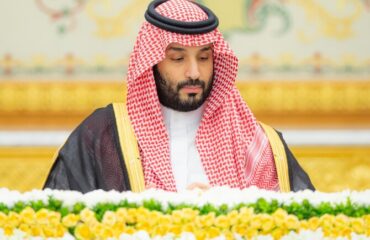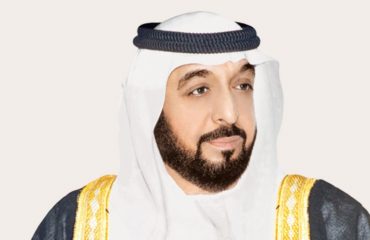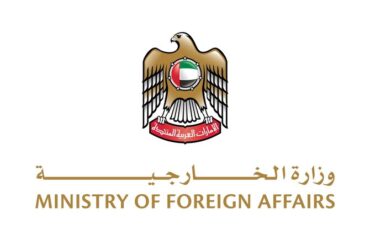Turkiye’s opposition pledges to strip president of powers
The opposition pledged to change the constitution back to the way things worked throughout most of Turkiye’s post-Ottoman history

ANKARA: Turkiye’s opposition vowed on Monday to crimp the president’s powers and expand democratic rights, as it unveiled its long-awaited platform for the May 14 presidential and legislative polls.
The six parties united against President Recep Tayyip Erdogan also pledged to agree on a joint candidate in the crucial vote — widely seen as Turkiye’s most consequential in generations — on February 13.
The opposition’s 2,300-point program aims to roll back many of the powers Erdogan has amassed over his two-decade rule.
“We will shift to a strengthened parliamentary system,” the program says. “We will put an end to the president’s power to issue decrees.”
Erdogan began his rule in 2003 as prime minister and was elected president — then a far less powerful post — when his mandates ran out in 2014.
He then rammed through constitutional changes in 2017 that eliminated the premiership and created a powerful new executive that allowed the president to effectively rule by decree.
The opposition pledged to change the constitution back to the way things worked throughout most of Turkiye’s post-Ottoman history.
It pledged to “urgently” amend the constitution and “put an end to the vague and arbitrary restriction of the freedoms of assembly and demonstration.”
“We will strengthen the freedoms of thought, opinion and expression,” it added.
Constitutional changes can be ratified by 400 votes in the 600-seat parliament.
They can also be put up for a national vote if the opposition gathers the 360 votes needed to trigger a constitutional referendum.
Erdogan unveiled sweeping purges after a failed 2016 coup attempt that crimped many of the freedoms enjoyed under his more prosperous and publicly popular first decade of rule.
Analysts estimate that 90 percent of Turkiye’s media are now under the government’s or its business allies’ control.
Thousands of activists — many of them Kurds — are languishing in prison on terror-related charges that rights groups believe Erdogan is using to crack down on political dissent.
In addition to boosting freedom of thought and expression, the opposition vowed to make Turkiye’s TRT national broadcaster and Anadolu state news agency abide to “the principles of independence and impartiality.”





















